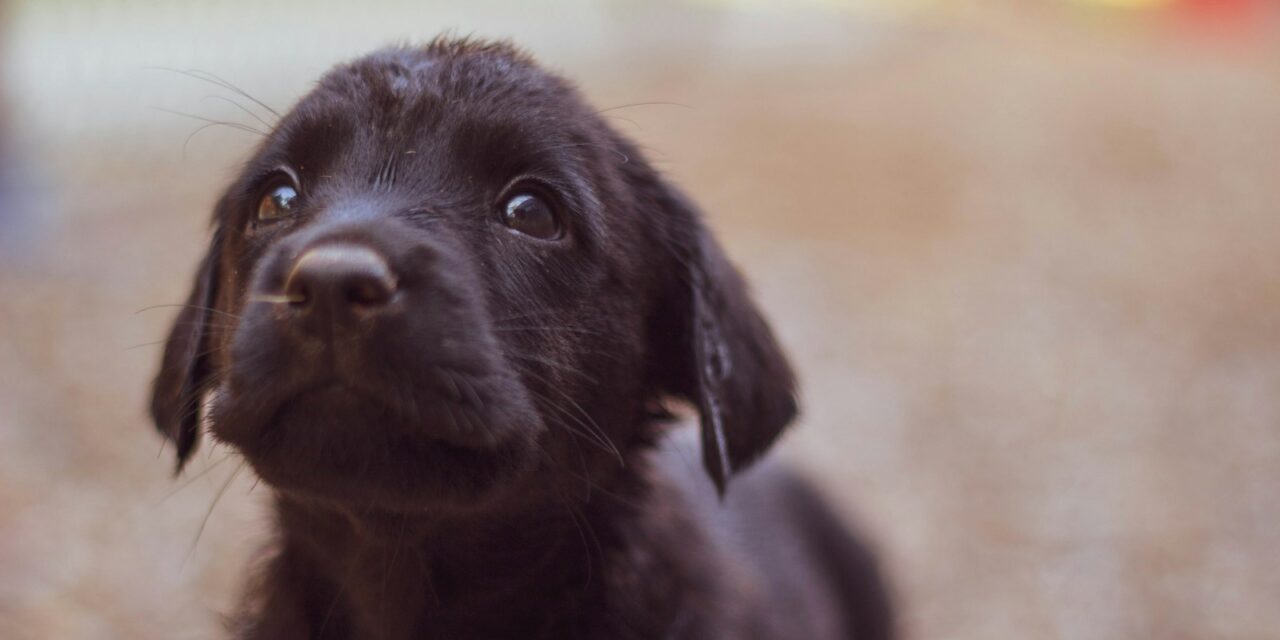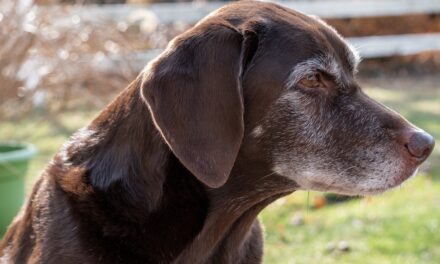A recent report from the Environment, Food and Rural Affairs (EFRA) committee has highlighted the urgent need for government intervention to regulate canine fertility clinics and unlicensed pet breeders.
The report reveals a significant increase in the number of canine fertility clinics, from fewer than 40 in 2020 to over 400 in 2023. These unscrupulous clinics operate without proper veterinary involvement and perform surgical procedures, including caesarean sections, unlawfully by laypersons. MPs argue that the current £100 fine for illegal veterinary surgery, established in the Veterinary Surgeons Act 1966, is inadequate and fails to serve as a deterrent.
Call for Transparency and Awareness
To address these issues, the committee calls for greater transparency by publishing a list of licensed breeders and expanding licensing regulations to include breeders of two or more litters annually. Additionally, MPs urge the government to launch a public information campaign to raise awareness of the risks associated with ‘designer’ pets and discourage irresponsible breeding practices.
Sir Robert Goodwill, chair of the EFRA Committee, emphasised the importance of updating regulations to ensure the welfare of animals.
He said, “As a nation of animal and pet lovers, we place a high importance on the welfare of animals. But some of the regulations that cover the breeding of pet dogs rely on legislation dating back to 1966 and the breeding of cats is almost completely unregulated.
“We are concerned about the huge rise in the number of canine fertility clinics and the lack of regulatory oversight of these clinics, which may employ unqualified staff to perform veterinary procedures, and which may encourage the breeding of dogs with extreme features and dogs bred for aggressive traits.”
Dr Samantha Butler-Davies MRCVS, head of Clinical Services at Pets at Home, echoed the need for robust education resources and increased support to address unlicensed breeding practices. Both emphasised the critical role of informed decision-making among prospective pet owners in promoting animal welfare.








